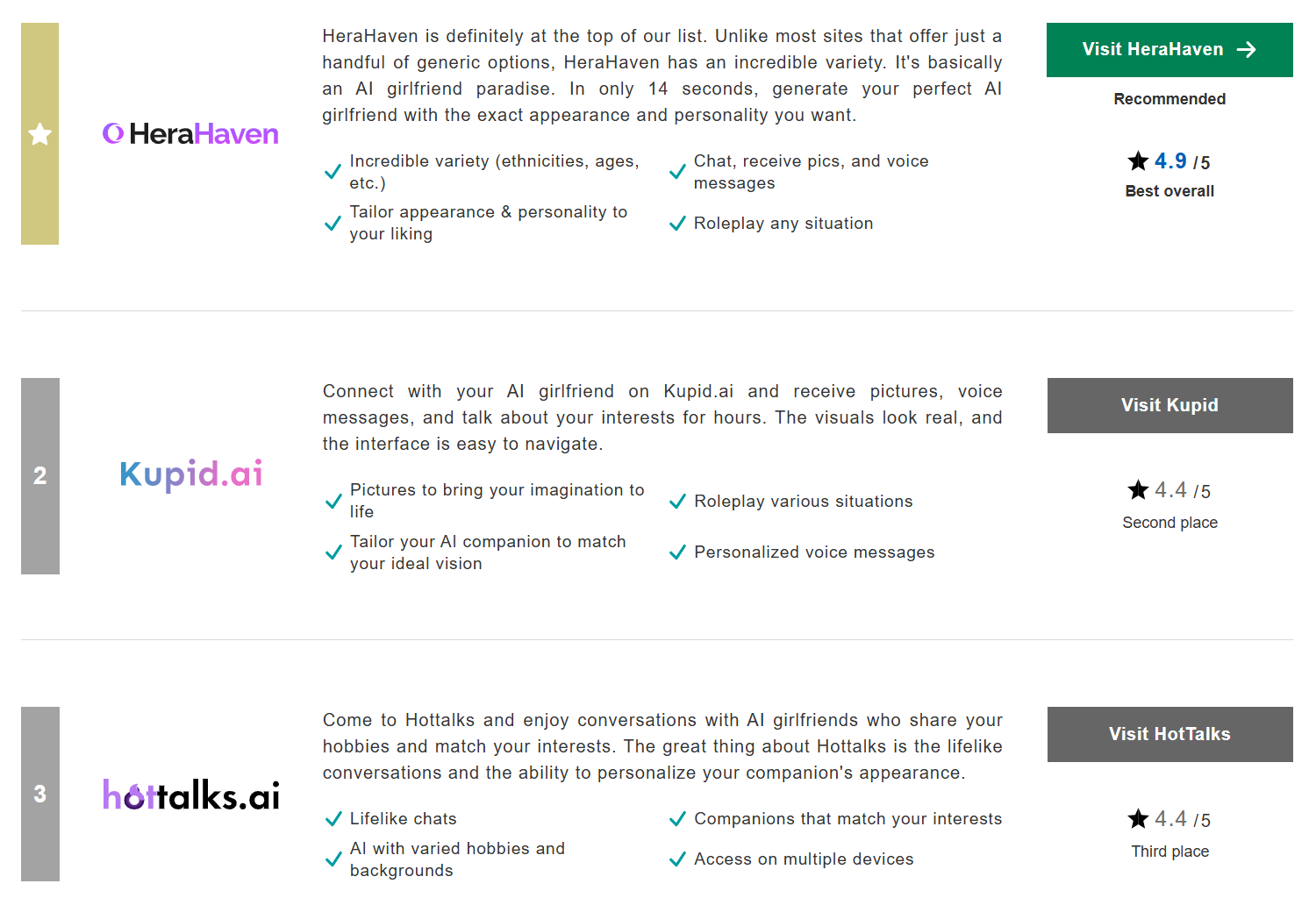BlockAgent: Live Monitoring of Blockchains (AI Agents)
TLDRBlock Agent is a cutting-edge, real-time blockchain observation platform that leverages AI agents to tailor monitoring of transactions and smart contract executions to user-specific needs. It currently supports Ethereum and Polygon networks, with plans to expand to Solana and other non-Ethereum chains. Users can deploy agents to track events like ERC 721 NFT transfers from specific projects, utilizing customizable filters. The system, still in testing, offers a pay-per-use model with a creation fee and allows agents to send real-time transaction data to a user-provided webhook URL, enhancing the monitoring and application of blockchain data.
Takeaways
- 🚀 Block Agent is a real-time blockchain observation platform.
- 🤖 It uses Fetch AI agents to monitor blockchain transactions and smart contract execution logs.
- 🎯 Tailored to user-specific needs through agent templates and filtering options.
- 📊 Currently supports Ethereum and Polygon networks, with plans to add Solana and other non-Ethereum chains.
- 🔍 Users can deploy Web 3 agents to track specific blockchain events, like ERC 721 NFT transfers.
- 🔧 Configurable options include chain type, event type, and smart contract addresses.
- 🔎 Add filters to focus on transactions involving specific accounts.
- 🧪 The system is still in testing and enables agent deployment through a pay-per-use model.
- 💰 Each agent has a creation fee of 0.1 test fent.
- 📤 Agents submit transaction data to a designated web hook URL in real-time.
- 🔑 Provides detailed information like logs, parameters, and transaction receipt values.
Q & A
What is Block Agent?
-Block Agent is a real-time blockchain observation platform that uses AI agents to monitor blockchain transactions and smart contract execution logs according to user-specific needs.
Which networks does Block Agent currently support?
-Block Agent currently supports the Ethereum and Polygon networks.
Are there plans to support other networks besides Ethereum and Polygon?
-Yes, there are plans to support Solana as well as other non-Ethereum chains.
How can users customize their monitoring with Block Agent?
-Users can deploy Web 3 agents to track specific blockchain events, such as ERC 721 NFT transfers, by configuring options like chain type, event type, and smart contract addresses.
What additional filtering options are available to users?
-Users can add filters to focus on transactions from or to specific accounts that they want to monitor.
Is Block Agent's system still in testing?
-Yes, the system is still in testing and enables agent deployment through a pay-per-use model.
What is the current creation fee for each agent on Block Agent?
-The creation fee for each agent is set to 0.1 test fent.
How do agents submit transaction data?
-Once deployed, agents submit transaction data to a designated web hook URL provided by the user in real-time.
What details do the agents provide in the transaction data?
-The agents provide details such as logs, parameters, and transaction receipt values.
How does Block Agent facilitate the use of blockchain transaction data?
-Block Agent facilitates the monitoring and utilization of blockchain transaction data for applications by providing real-time, detailed transaction information.
Where can users find more information about Block Agent?
-Users can find more information on Block Agent by checking out their Medium blog, as mentioned in the script.
How does Block Agent contribute to blockchain transparency?
-Block Agent contributes to blockchain transparency by allowing users to monitor and analyze blockchain transactions and smart contract executions in real-time, providing a clear view of on-chain activities.
Outlines
🚀 Introducing Block Agent: A Real-Time Blockchain Observation Platform
Block Agent is a cutting-edge platform that leverages AI agents to monitor blockchain transactions and smart contract execution logs in real-time. It is designed to cater to users' specific needs through customizable agent templates and filtering options. Currently, Block Agent supports the Ethereum and Polygon networks, with future plans to include support for Solana and other non-Ethereum chains. An example use case involves deploying Web 3 agents to track specific blockchain events, such as ERC 721 NFT transfers from a particular project, by configuring chain type, event type, and smart contract addresses. Users can also set filters to monitor transactions involving specific accounts. The system, still in testing, operates on a pay-per-use model with a creation fee of 0.1 test fent per agent. Once deployed, these agents send transaction data to a user-provided webhook URL in real-time, including logs, parameters, and transaction receipt values, thus enhancing the monitoring and application of blockchain transaction data.
Mindmap
Keywords
💡blockchain
💡real-time
💡AI agents
💡smart contracts
💡Ethereum network
💡Polygon network
💡web 3 agents
💡ERC 721 NFTs
💡pay-per-use model
💡web hook URL
💡transaction receipt values
Highlights
Block Agent is a real-time blockchain observation platform.
Utilizes Fetch AI AI agents for monitoring.
Customizable to user-specific needs.
Supports Ethereum and Polygon networks, with plans for Solana and others.
Users can deploy Web 3 agents for specific blockchain events.
Configurable with chain type, event type, and smart contract addresses.
Filters allow focusing on specific account transactions.
System is in testing with a pay-per-use model.
Creation fee for each agent is 0.1 test fent.
Agents submit transaction data to a designated web hook URL in real-time.
Data includes logs, parameters, and transaction receipt values.
Facilitates monitoring and utilization of blockchain transaction data.
More information available on their Medium blog.
Block Agent transforms blockchain transparency.
Medium blog post discusses Block Agent's transformative approach.
A link to the blog post is provided for further reading.
